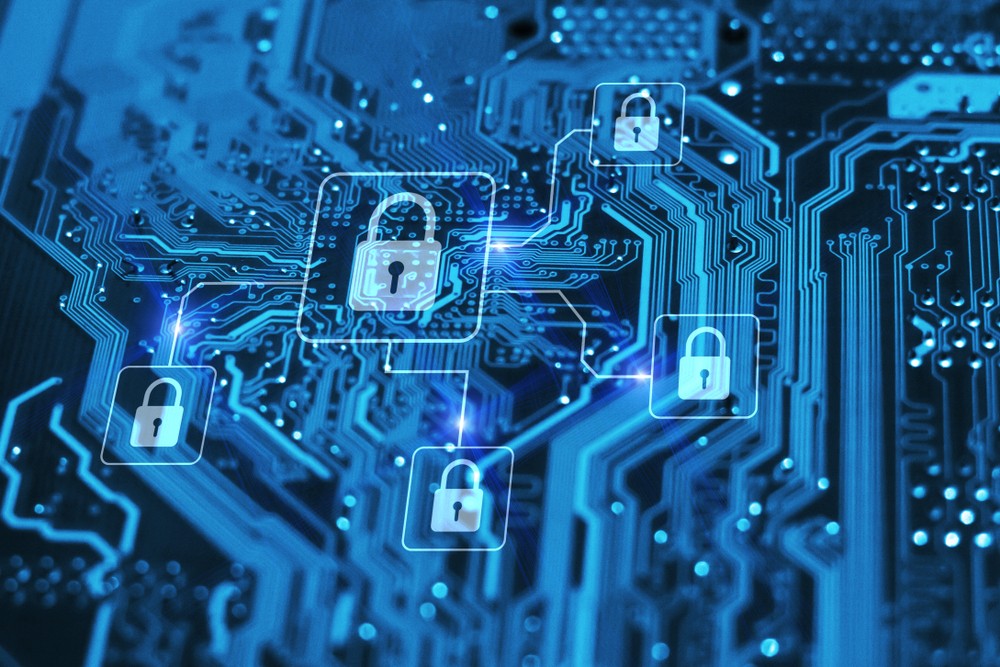Akamai analysed web application attacks, one of the most common forms of cyberattack, during the peak summer travel season in 2019, 2020 and 2021. Cyberattacks against the industry fell by 45% from 2019 to 2020, however have sharply rebounded as travel restrictions have eased, rising 120% from 2020 to 2021. Web application attacks pose a serious risk to businesses, as they can lead to compromising of personal information and enable cyber criminals to impersonate legitimate users to gain access to sensitive data. The sharp rise in attacks compared to pre-pandemic levels suggests that attackers may have been busy honing their skills during the pandemic.
Key findings of the research include:
• The UK travel industry saw the sharpest year on year rise in attacks. In the UK, there were 15.9m web application attacks in 2019, 6.1m attacks in 2020 (-61.2%), and 24.8m attacks in 2021 (+304.9%)
• In Germany cyberattacks against the travel industry continued to substantially increase during the pandemic. In a contrast to the rest of the continent, in Germany there were 2.9m web application attacks in 2019, 4.1m attacks in 2020 (+40.1%), and 12m attacks in 2021 (+189.8%)
• In the EMEA region, there were 37.3 million web application attacks in 2019, 20.7m attacks in 2020 (-44.6%), and 45.5m attacks in 2021 (+120.1%)
“The travel and hospitality industry has started its journey to recovery after the challenges of the past 18 months and this bounce back is great to see. However, as consumer travel confidence improves, cybersecurity simply must remain top of the agenda for the industry. While the 2021 summer season has provided a much-needed boost for Europe’s travel industry, it has also proved a boon for cyber criminals looking to capitalise on the return of activity in the sector,” commented Richard Meeus, Director of Security Technology and Strategy EMEA at Akamai Technologies. “The travel and hospitality businesses should remain especially vigilant at this time so that they can protect themselves against significant financial and reputational damage at a time when many are looking to recoup their pandemic losses.”




